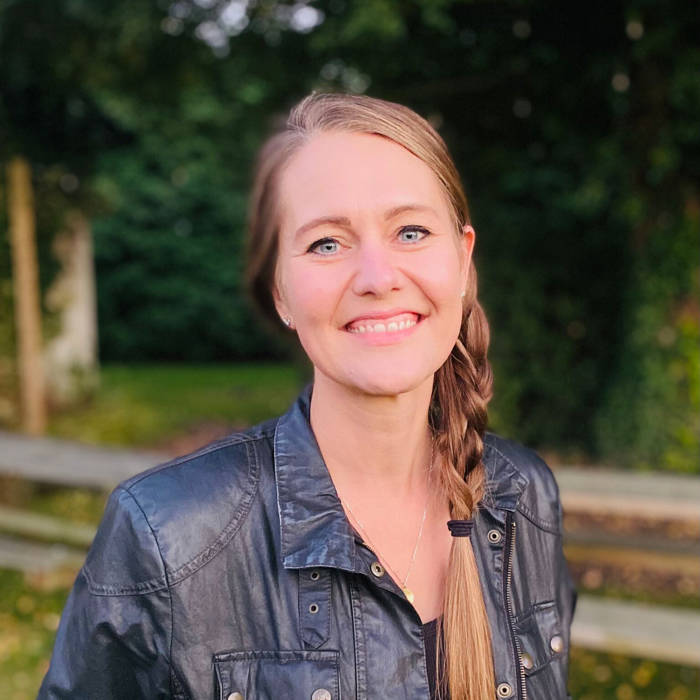What Every Singing Teacher Should Know About Vocal Health: Fact-finding and Myth-busting (Part 2)
Tuesday 12th March 2024, 5:00 PM - 7:00 PM (London Time)
Singing teachers are on the frontlines of vocal health.
As vocal athletes, singers are at a higher risk for developing voice disorders. Singing teachers are in an optimal position to educate students about vocal health. Informed, evidence-based education can help prevent students from developing voice problems. However, spreading misinformation can perpetuate vocal health myths and possibly contribute to developing voice problems and/or delaying appropriate voice care.
As expert monitors of sound, singing teachers are also often the first to identify a possible voice problem in a student. Knowing the signs of a voice disorder and making appropriate referrals is another way that singing teachers can make significant contributions to vocal health.
With this role comes great responsibility: it is incumbent on the teacher to make sure the vocal health information they are passing on to their students is accurate and up-to-date, and not based merely on hearsay or opinion. Singing teachers can play a major role in dispelling common myths and misinformation about vocal health.
This workshop will cover a number of topics related to vocal health education, including:
- What the singing teacher should know about voice anatomy, physiology, and the basics of voice disorders
- Vocal hygiene
- Medical factors and the voice, including upper respiratory infections, pulmonary conditions, allergies, laryngopharyngeal reflux, long COVID, musculoskeletal injuries, temporomandibular disorder (TMD), and others
- Optimizing efficiency of the speaking voice
- Vocal pacing:
- Balancing voice rest and vocal conditioning
- When to recommend complete voice rest
- The singing teacher’s role in identification of dysphonia and making appropriate referrals to the vocal health team:
- Ending the 'blame game': abolishing the concept of 'vocal abuse'
- Working with singers who have or have had a voice injury
- Common vocal health myths and how to dispel them
Full course dates and times:
Thursday 7th March 2024 (5:00 PM - 7:00 PM UK time)
Tuesday 12th March 2024 (5:00 PM - 7:00 PM UK time)
Leda Scearce
Soprano Leda Scearce has been featured in leading roles with the National Opera Company, Hawaii Opera Theatre, Long Leaf Opera Festival, Triangle Opera...
Sorry, this is an archived short course...
We have plenty of upcoming short courses coming soon. See details of some of them below or look at the full list of short courses.

Monday 7th July 2025
2:00 PM - 4:00 PM
Tuesday 8th July 2025
2:00 PM - 4:00 PM
Wednesday 9th July 2025
2:00 PM - 4:00 PM
Friday 11th July 2025
2:00 PM - 4:00 PM
Monday 14th July 2025
2:00 PM - 4:00 PM
Tuesday 15th July 2025
2:00 PM - 4:00 PM
Wednesday 16th July 2025
2:00 PM - 4:00 PM
Friday 18th July 2025
2:00 PM - 4:00 PM
(London Time)
Introduction to statistics and working with quantitative data for Voice Professionals: 8-Session Online Bootcamp

Dr David Cane
This certificated statistics course is ideal for individuals interested in laying a solid foundation in quantitative research methods. By focusing on essential statistical principles, you will be equipped with the tools to understand and apply quantitative research techniques effectively. Statistics is a crucial component of quantitative research; mastering it will enable you to grasp quantitative methods more confidently and precisely.


Tuesday 8th July 2025
12:00 PM - 2:00 PM
(London Time)
Oxygen Advantage for Vocal Educators • Empowering Vocalists Through Breath

Kate Cubley
Are you a singing teacher or trainee voice educator eager to expand your toolkit? Join Kate Cubley at Voice Study Centre for a dynamic 2-hour lecture exploring the role of functional breathing in supporting vocal performance, vocal health, and resilience—for both you and your students. This engaging session introduces the Oxygen Advantage® method: a science-backed approach to breathing that can transform how you teach, coach, and care for the voice.


Wednesday 9th July 2025
2:00 PM - 4:00 PM
(London Time)
Accents in Musical Theatre Singing!

Colton Weiss
Colton Weiss (he/they) is a professional dialect coach, actor, and lecturer (Ohio State Univ.) based out of Columbus, Ohio. With the continued popularity and development of productions that call for more demanding voice, speech, and accent work, dialect coaches, music directors, and actors must collaborate across jobs. Inspired from the text, Voice and Speech for Musical Theatre by Chris Palmer, and ongoing production experience, this presentation by Colton explores the intersections of accent work, and the musical skills needed for actors to perform in Musical Theatre.
